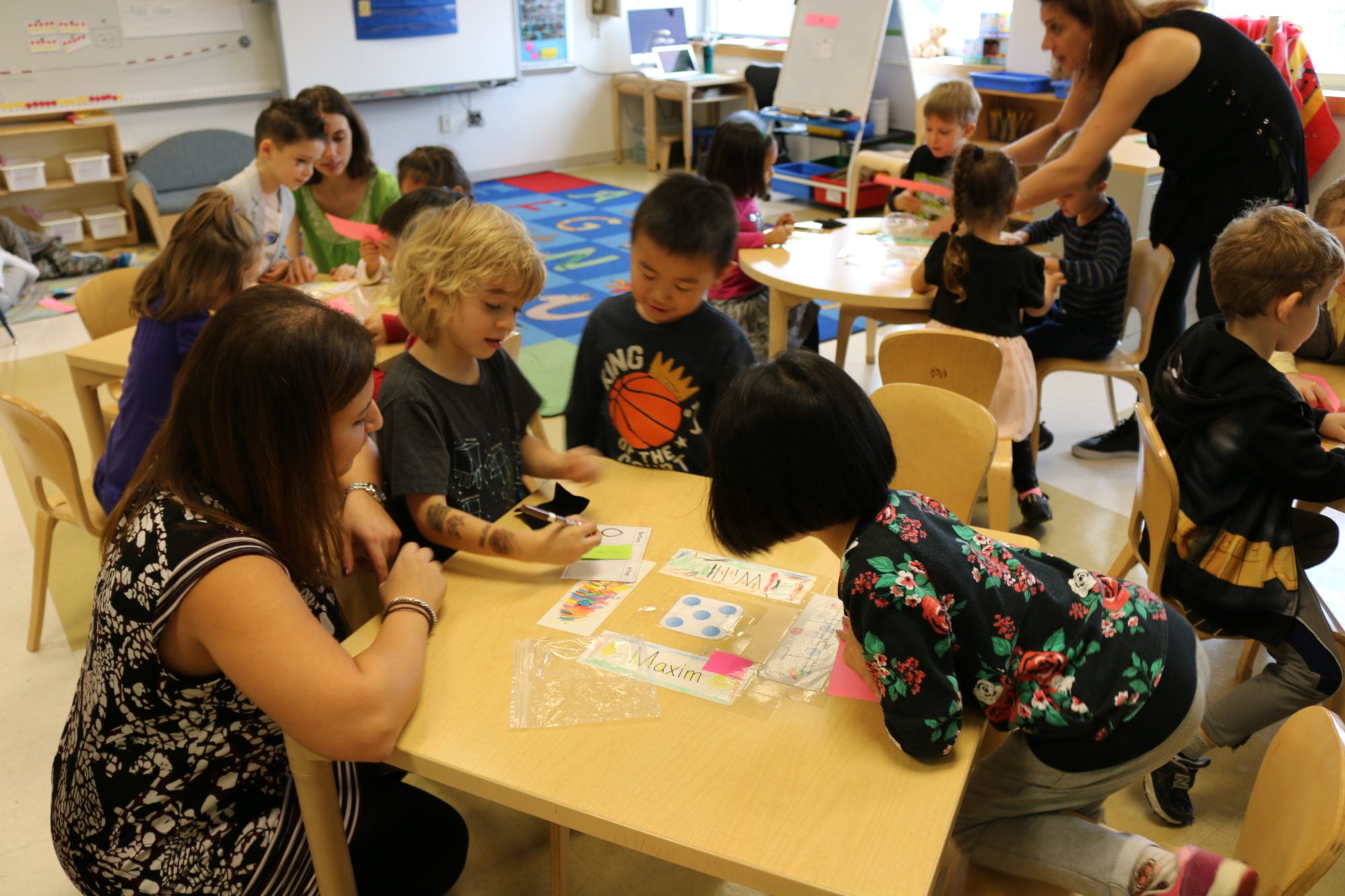Fewer New York City students received offers for gifted and talented programs this year compared to last year, according to education department data released Monday. Competition was higher as more children applied for these sought-after seats, and one Brooklyn school voted to phase out its G&T program.
About 60% of eligible students got a G&T offer, down five percentage points from last year. Roughly 30% got their top choice, down from last year’s 34%.
Just over 6,000 students between kindergarten and third grade applied for the G&T program, up about four percentage points from last year when 5,749 families applied.
The uptick in the number of applicants comes amid growing controversy over the city’s gifted program, which requires that 4-year-olds take a test for admissions into a gifted kindergarten program. The test favors families who have the means to prep their young children, critics say, and the demographics of gifted classrooms are not representative of the school system as a whole. While 75% of public school students are Black or Hispanic, 75% of gifted students are white or Asian, according to education department data.
Members of the School Diversity Advisory Group — made up of academics, students, parents, and advocates appointed by Mayor Bill de Blasio — called on the city last year to phase out of the G&T program as a way to disrupt segregation in New York City’s schools.
“Simply put, there are better ways to educate advanced learners,” the group said.
Members advocated instead for non-selective magnet schools or school-wide enrichment models, where all students are considered talented and educators are charged with developing project-based learning based on their interests. The mayor has been mum on whether he plans to pursue that recommendation.
Scrutiny of gifted programs goes back several years. Parents have long advocated for more integration earlier on, as the programs often serve as feeders to New York’s most selective public high schools. A handful of gifted programs now have admissions systems to bolster diversity, setting aside, for instance, a certain percentage of seats for low-income students.
Brooklyn’s P.S. 9, whose gifted program had been part of the diversity admissions program, decided not to take part this year. Instead, the school is phasing out its gifted program and shifting towards a school-wide enrichment model. Students already enrolled in the G&T program at the Prospect Heights neighborhood school can continue until graduation.
“We are proud to offer many high-quality elementary school choices across the city for our students, including our Gifted and Talented programs,” education department spokesperson Katie O’Hanlon said in a statement, “and we’re excited for the families that received their offers.”






